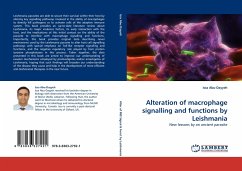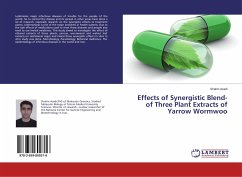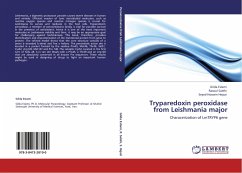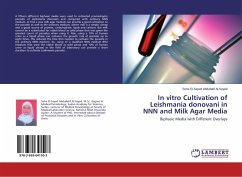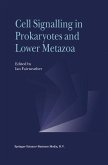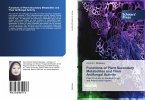Leishmania parasites are able to secure their survival within their host by altering key signalling pathways involved in the ability of macrophages to directly kill pathogens or to activate cells of the adaptive immune system. This book provides an up-to-date literature review about Leishmania, its major virulence factors, its early interaction with the host, and the implications of this initial contact on the ability of the parasite to interfere with macrophage signalling and functions. Importantly, this book provides original data describing novel mechanisms used by the Leishmania parasite to alter host cell signalling pathways with special emphasis on Toll-like receptor signalling and functions, and the negative regulatory role played by host protein tyrosine phosphatases in this process. Taken together, the data presented in this book are aimed to improve our understanding of evasion mechanisms employed by promastigotes and/or amastigotes of Leishmania, hoping that such findings will broaden our understanding of the disease they cause and help in the development of more efficient anti-leishmanial therapies in the near future.
Bitte wählen Sie Ihr Anliegen aus.
Rechnungen
Retourenschein anfordern
Bestellstatus
Storno

